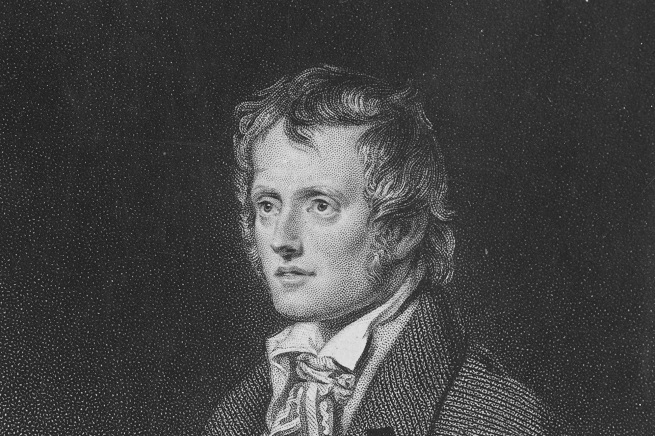Of the scheme Divine
| Date :07-Apr-2020 |

By Vijay Phanshikar :
Is there another world for this frail dust
To warm with life and be itself again?
Something about me daily speaks there must,
And why should instinct nourish hopes in vain?
'Tis nature's prophesy that such will be,
And everything seems struggling to explain
The close sealed volume of its mystery.
Time wandering onward keeps its usual pace
As seeming anxious of eternity,
To meet that calm and find a resting place.
E'en the small violet feels a future power
And waits each year renewing blooms to bring,
And surely man is no inferior flower
To die unworthy of a second spring?
- ‘Instinct of Hope’,
by John Clare
‘HOPE’ has found many a definition in human parlance. Despite its positivism, ironically, however, ‘hope’ finds its existence in the thick of hopelessness. When everything is black and bleak, when nothing seems to move, when life appears frozen, a little sprout of hope raises its tiny head and says, ‘Hey, here I am -- with you, by you, and for you. Come on. Come up. Rise. Refuse to succumb’. Hope, thus, is almost an outcome of a time when everything appears lost. For reasons that we do not ponder over, we often miss this irony, this paradox -- of hope and the source of its existence. True, ‘hope’ has a strong positivism as its abiding virtue.
But ‘hope’ reminds herself to us only when we are deep in despair. Of course, John Clare is right when he assigns the virtue, the facet, of instinct to hope. In these 14 lines, he talks simply of how hope is the guiding and goading force that propels us humans out of a bad patch. Instinctually, we look forward to good times. Instinctually, we dream of a better time ahead. That is our basic urge -- not just to survive somehow, but also to thrive despite the black and bleak moment in which we are trapped. The last four lines of this fine poetic expression also give rise to something that take you beyond ‘hope’ -- ... E'en the small violet feels a future power And waits each year renewing blooms to bring, And surely man is no inferior flower To die unworthy of a second spring? How true!
The little violet (flower) that has a terribly short life-span also feels the power of future. This is not the role of hope alone, so to say. Hope suggest a ray of survival. But what the little violet feels is not just a matter of survival. For, it perishes every season. Yet, it knows that in the near future, it is going to come back again, in its full bloom that may make even a royal beauty feel slighted. That confidence that it will bloom the next season again is what John Clare calls feeling the future power of renewing blooms! So, the poet declares: ... surely man is no inferior flower To die unworthy of a second spring This is not a matter just of hope. This is an issue of that innate confidence that there is a second spring -- waiting in the distance -- when there will be a bloom again.
This is something not limited to hope; this is something that stems from confidence of the power of the Divine to give every creature of His not just a second chance but many chances one after another for ages. There is certain agelessness in this sequence from times immemorial. In a way, it defies the concept of death as the end of everything. Much to the contrary, it supports the theory of rebirth -- to be born again, worthy of a second spring ... and many springs thereafter endlessly, agelessly. Death, thus, is just a pause ...! This is beyond hope! This is integral to the scheme Divine.